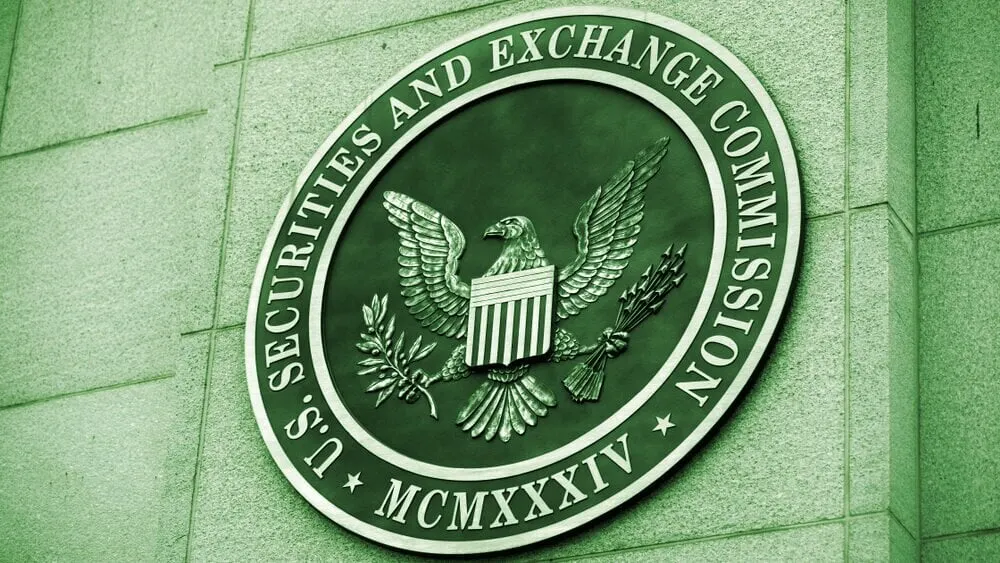We do the research, you get the alpha!
The U.S. Securities and Exchange Commission (SEC) is expanding its crypto investigations unit.
According to a statement today, this expansion would bring the number of personnel to 50 overseeing the fast-growing crypto industry.
The Commission specifically highlighted crypto exchanges, lending and staking services, decentralized finance (DeFi) projects, stablecoins, and NFTs as sectors upon which the unit would focus.
“Crypto markets have exploded in recent years, with retail investors bearing the brunt of abuses in this space,” said the SEC’s enforcement director Gurbir S. Grewal. “The bolstered Crypto Assets and Cyber Unit will be at the forefront of protecting investors and ensuring fair and orderly markets in the face of these critical challenges.”
The staffing news also comes with a name change.
Previously the unit was simply called the “Cyber Unit,” now it's called “Crypto Assets and Cyber Unit.” The unit will remain within the larger Division of Enforcement, which leads investigations into securities law violations and essentially acts as the Commission’s police force.
"By nearly doubling the size of this key unit, the SEC will be better equipped to police wrongdoing in the crypto markets while continuing to identify disclosure and controls issues with respect to cybersecurity," said SEC Chair Gary Gensler.
This unit was formed back in 2017 amid the rise of initial coin offerings (ICOs) in the crypto space. The novel crowdfunding tool essentially swapped hopeful investors with a more established crypto, usually Ethereum, for newly-minted tokens from the crypto project running the ICO.
They are far less popular today, though, as the SEC cracked down on these tools, issuing a number of subpoenas to companies who launched an ICO for breaching securities laws.
In some cases, the Commission even pursued platforms that had promoted ICOs.
[9821]
The SEC and Crypto
Besides investigating ICOs of yesteryear, the SEC has turned much of its attention toward the DeFi and NFT spaces.
Both sectors, according to commentary from the Commission, may be in the business of selling unregistered securities.
Speaking at the Aspen Security Forum in August 2021, Gensler said that “while each token’s legal status depends on its own facts and circumstances, the probability is quite remote that, with 50 or 100 tokens, any given platform has zero securities.”
With more resources allocated to monitoring the crypto space, the SEC will be better able to put Gensler’s claims to the test.





